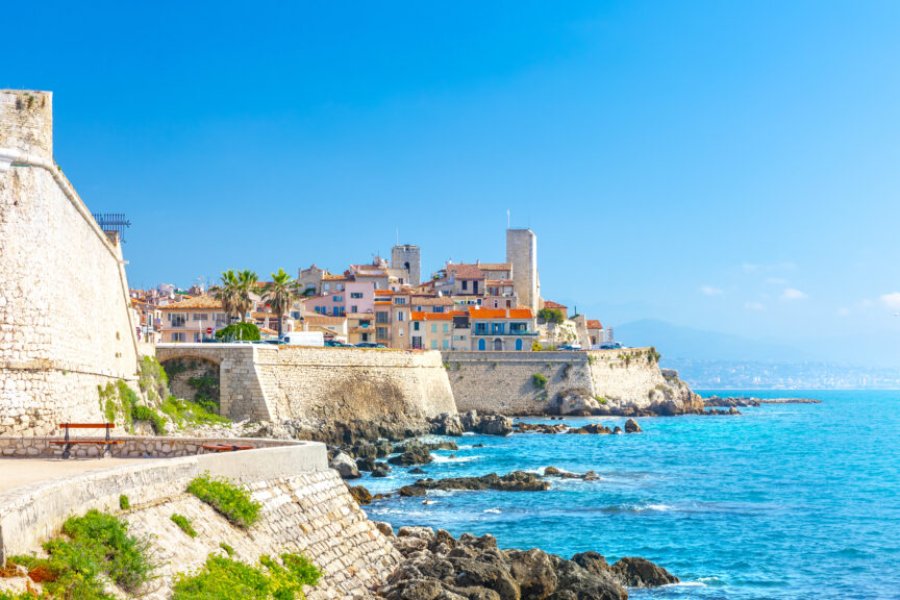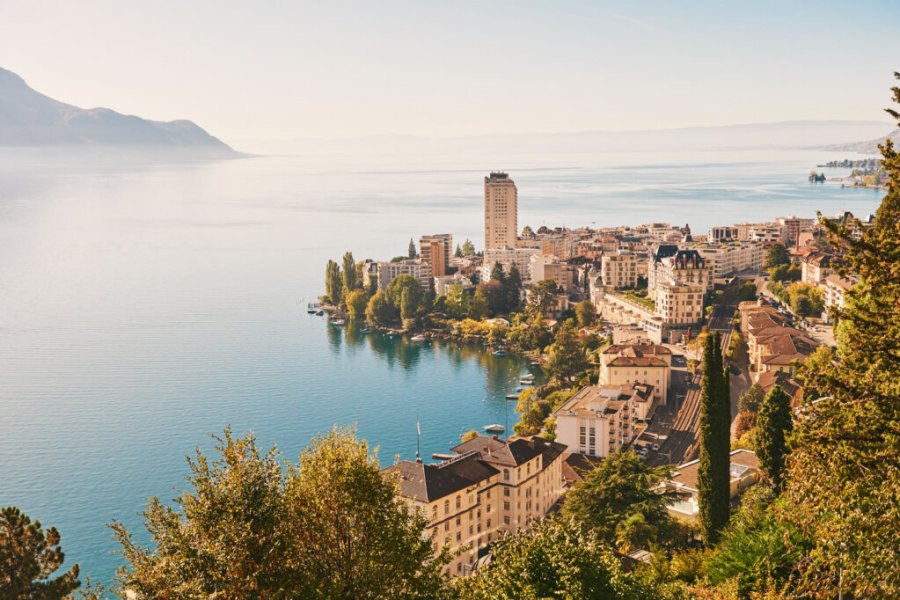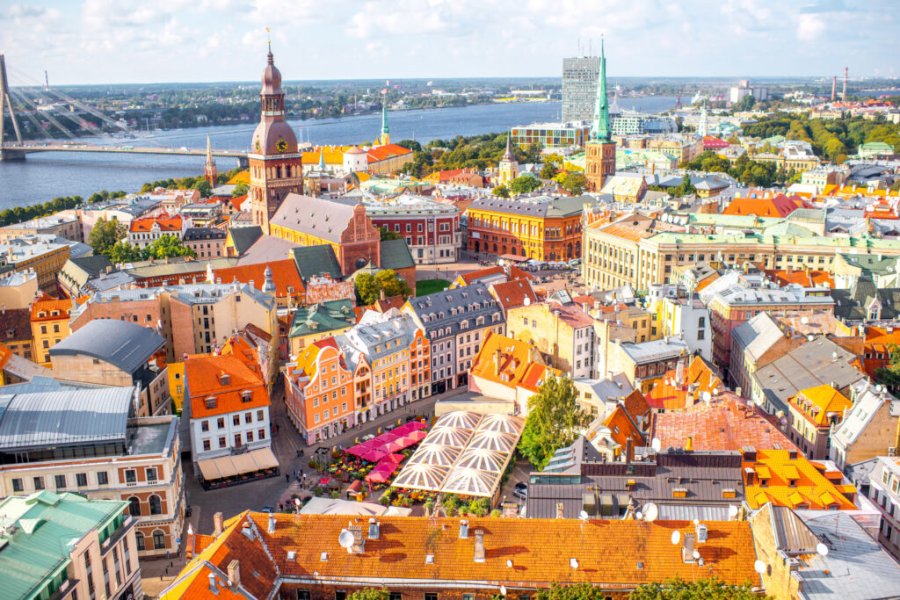The exploration of the Caribbean coast
Highlights of the trip
During your stay you can enjoy the following highlights: Culture / Heritage, Faune and flora, Adventure / Sports & Leisure, Free time.
Best times to go
The best time(s) to go is/are : Printemps, Automne, Hiver.
Petit Futé
Where to stay - Bluefields ?
The map of your stay "The exploration of the Caribbean coast"
Detail of the stay : The exploration of the Caribbean coast
How to get there - Bluefields
Getting to the coast
Steps: Bluefields
From Managua go to Bluefields. First take a bus from Managua to El Rama. Count 5 hours of travel, there are buses that leave early every day from the Ivan Montenegro market terminal. From El Rama, you then embark on a collective motor boat that takes you in less than 2 hours of travel to Bluefields: a pleasant crossing on the Escondido river, the adventure already begins!
At the edge of the tropical forest
Steps: Laguna De Perlas
Take a group boat to Sandy Bay or Kahka Creek. They leave every morning from Bluefields. Sandy Bay is a small indigenous Moskito village, Kahka Creek a nature reserve on the Wawashang River. Allow between two and three hours of travel through the magnificent bay of Laguna de Perlas. This area of Nicaragua is part of the Moskitia Rainforest (which extends over Nicaragua and Honduras). We meet Garifunas, mestizos (mestizos), but also and especially Miskitos. The latter are the indigenous inhabitants of Moskitia. They have kept their language, chibicha, and many customs.
Places of interest : VILLAGE MISKITO DE SANDY BAY RESERVA NATURAL KAHKA CREEK
100% local immersion
Steps: Bluefields
Sandy Bay or Kahka Creek. Spend the day there. Go for a walk in the jungle with a guide, sleep in a local house, learn the names of the endemic plants and cook the fish like a local.
Places of interest : VILLAGE MISKITO DE SANDY BAY RESERVA NATURAL KAHKA CREEK
Crossing the Bay
Steps: Laguna De Perlas
Take the boat for a small hour of very quiet travel through the lagoon to go to the village of Laguna de Perlas (the same name as the lagoon). You can stay there for 2 to 3 nights. Facilities include a few hébergements and excursions. The site has already begun to open a little to tourism (not Sandy Bay or Kahka Creek where you were the day before). Walk to the native native villages of Awas and/or Kahkabila.
Deserted islands (like on postcards!)
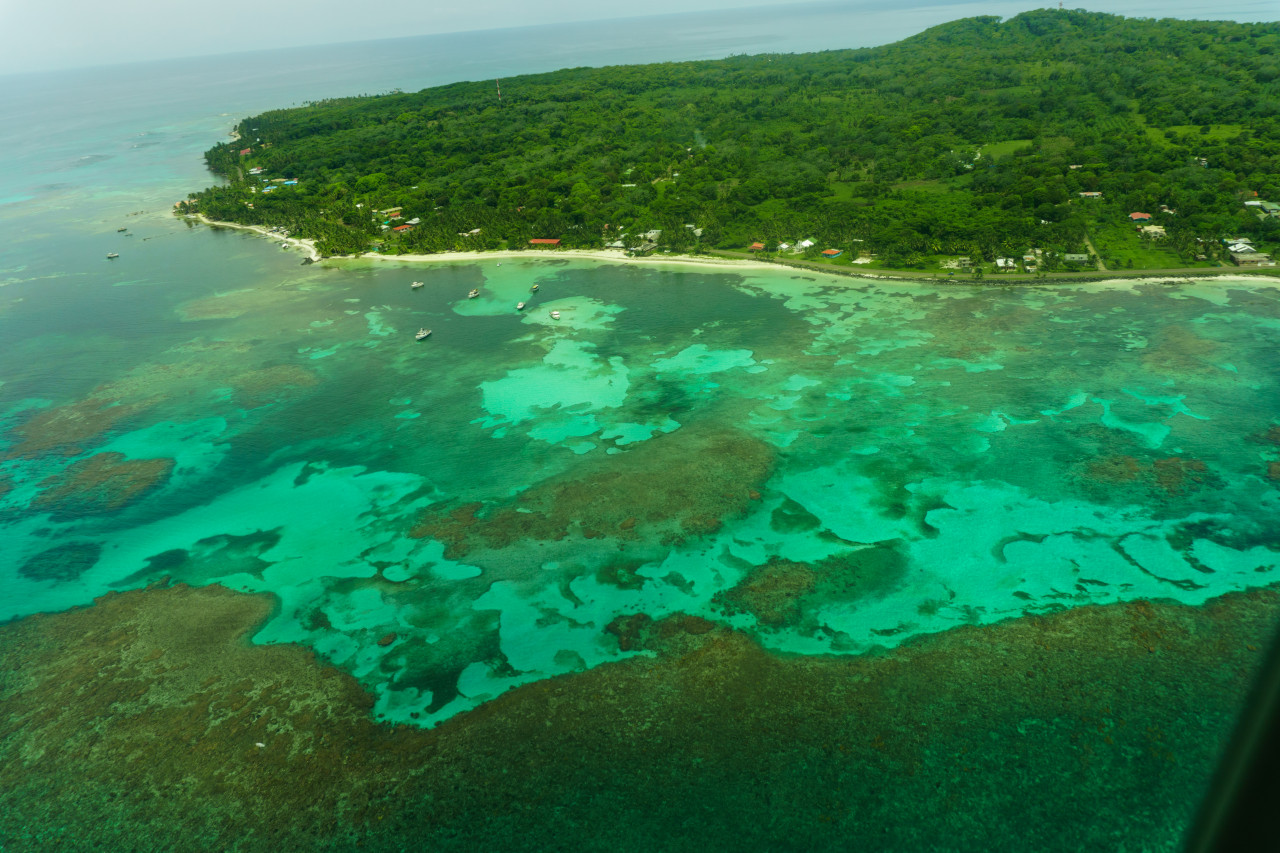
Steps: Laguna De Perlas
From the village of Laguna de Perlas, take a day trip to the paradisiacal islets of Cayos Perlas (35 kilometres from the coast). This group of small islands of white sand, turquoise waters and palm trees form an incredible postcard landscape. Its fantastic seabed, composed of coral reefs where marine life abounds and a beautiful population of turtles, make it a magical place for snorkeling (diving with mask and snorkel)
On the way to the Corn Islands
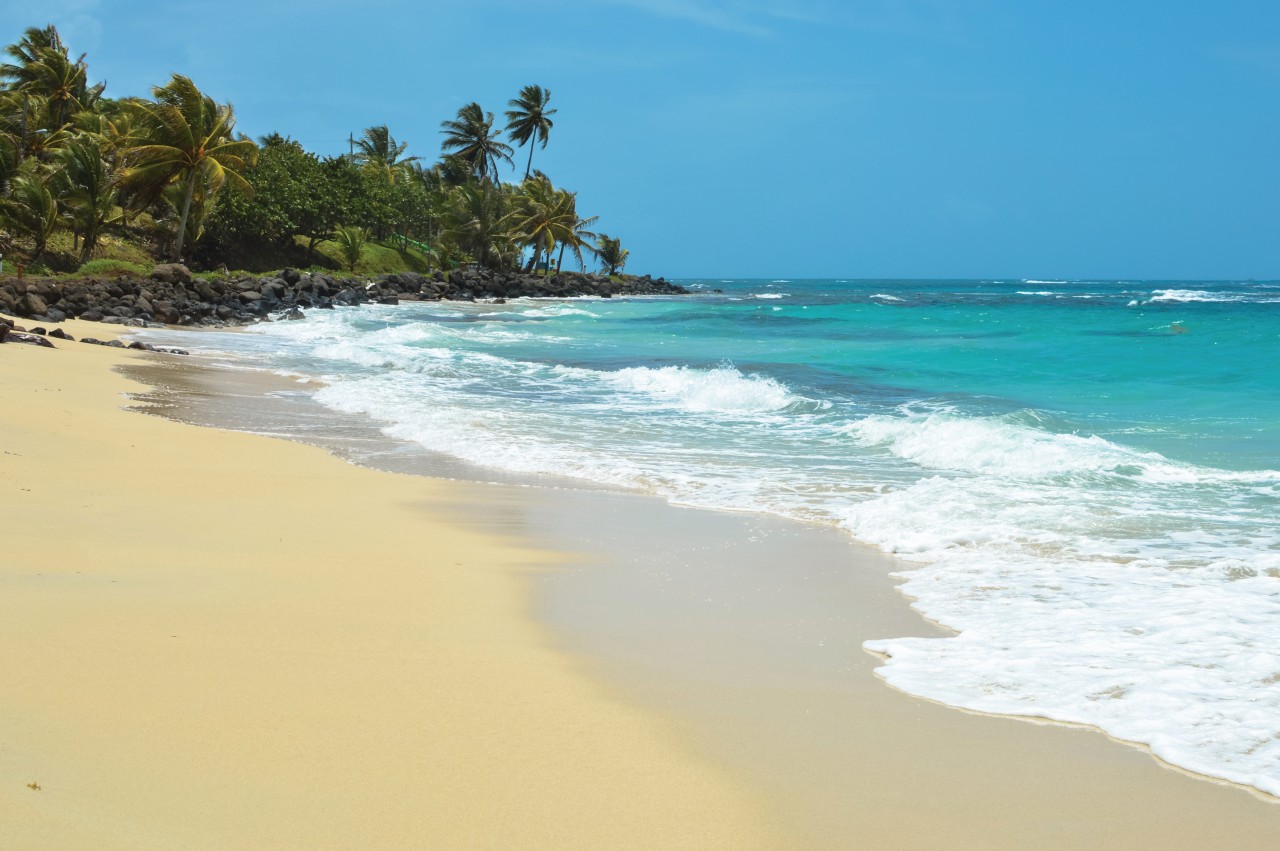
Steps: Big Corn Island
Return to Bluefields and departure for the Corn Islands. Return to Bluefields by collective boat, allow one hour of travel from the village of Laguna de Perlas.
Boat. For travellers who want to avoid flying, plan to be in Bluefields on a Wednesday: the freighter stops there once a week to go to Big Corn Island. Then allow six hours of crossing time. Ask for a berth: it is not much more expensive and the trip, which can be hectic, will be much more comfortable.
Airplane. There are otherwise two flights a day from Bluefields to the Corn Islands (with the national airline Costeña Airlines).
The big one or the little one?
Steps: Little Corn Island
The planes arrive on Big Corn Island, the larger of the two islands as its name suggests, but you can also choose to stay on Little Corn Island (whose seabed would be even more beautiful and suitable for diving according to some). Two boats go there daily. Allow 30 minutes (often very agitated) of crossing
On the trail of the past
Continue your stay on the Corn Islands. These two islands were discovered by Christopher Columbus on his fourth and final voyage. They were baptized at the time Islas Limonares. Kukra natives lived there at the time. The pirates then chose this discreet little corner of paradise as a refuge. Former slaves, probably from Jamaica, finally came to populate these islands.





